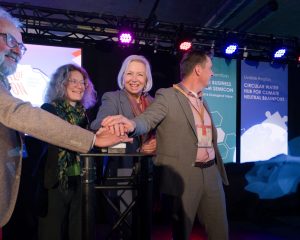Improving indoor air quality
My research is focused on improving indoor air quality (IAQ) in schools in the Netherlands as part of the ECOS-IAQ project. The project aims to propose new strategies for improving the performance of ventilation systems in Dutch schools. The study explores the concept of ventilation effectiveness as a strategy to improve IAQ in classrooms. It demonstrates the potential of improving the effectiveness of ventilation rather than merely increasing airflow rates to meet indoor air quality needs.
Promising results
The results of my research so far have been promising. I have been able to use Computational Fluid Dynamics (CFD) simulations to analyze the airflow distribution in a classroom and assess the performance of different ventilation systems. The insights gained from these simulations have been instrumental in understanding the impact of various factors on indoor air quality. One of the key findings of my research is the potential impact of implementing multi-zone ventilation concepts and methodologies in classrooms. This approach has shown promise in improving the effectiveness of ventilation and indoor air quality.
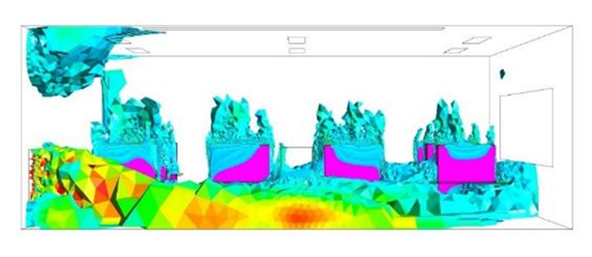
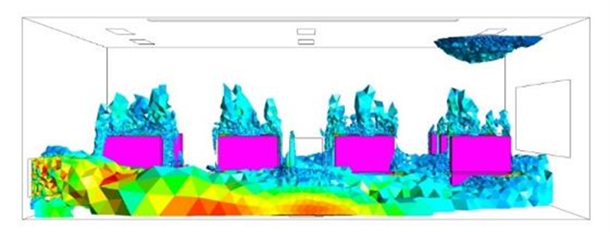
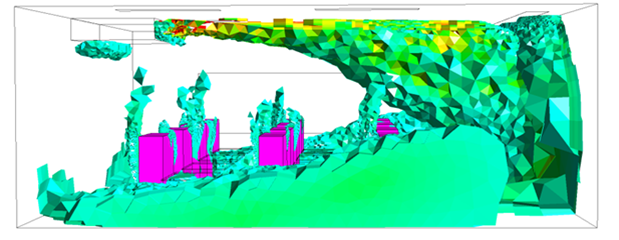
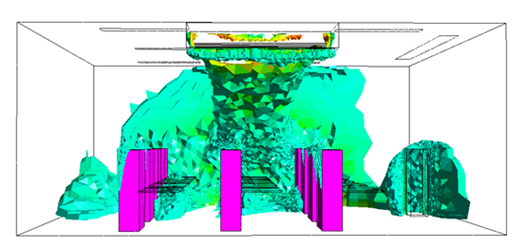
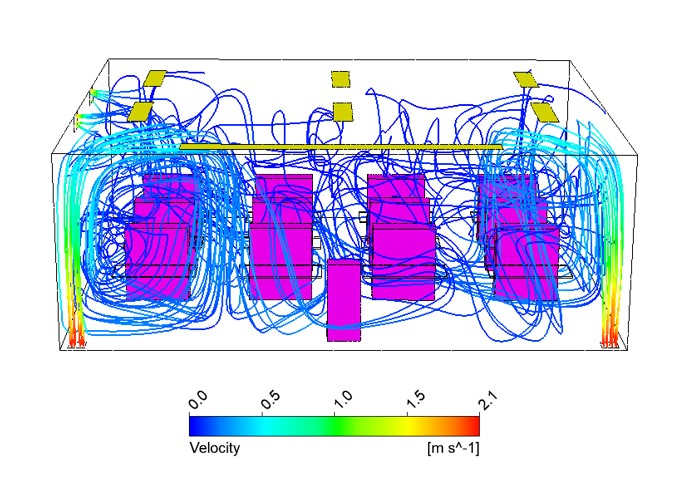
Limitations
However, there are several challenges that I still need to address. One of the main challenges is the limitations of CFD simulations. The quality of the input data has a significant impact on the accuracy of the results. Additionally, the complexity of physical phenomena such as turbulence and heat transfer can also affect the accuracy of the CFD simulations. Another challenge is the generalization of ventilation types. The study focused on two specific types of ventilation concepts: displacement ventilation and mixing ventilation. However, there are other ventilation concepts that were not considered in the study.
Impact is significant
Despite these challenges, I am optimistic about the impact of my research. Indoor air quality is a critical factor that significantly impacts the health and academic performance of students in schools. By improving the ventilation systems in schools, we can enhance the indoor air quality, leading to better health, thermal comfort and higher energy efficiency. This research addresses the social problem of poor indoor air quality in schools, which has been linked to a decrease in students’ cognitive abilities.
In conclusion, while there are challenges to overcome, the potential impact of this research is significant. The insights gained from this study will not only contribute to the academic field but also have the potential to bring about meaningful change in the real world. I look forward to continuing my work on this project and making a positive impact on the lives of students in schools.
The insights gained from this study will not only contribute to the academic field but also have the potential to bring about meaningful change in the real world.
